Keywords: Ai
There are more than 24 results, only the first 24 are displayed here.
Become a subscriber for more search results.
-
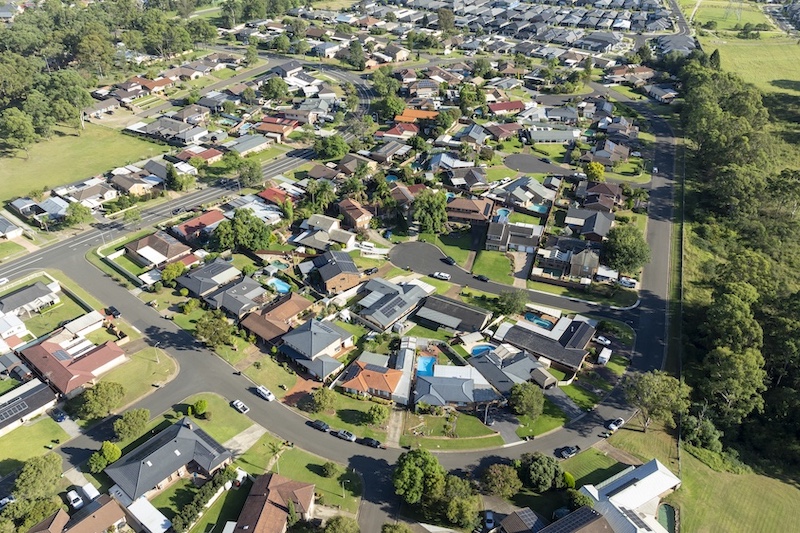
AUSTRALIA
- Bronwen Clark
- 24 April 2025
As Australia moves through another federal election campaign, a quarter of a million new voters in the nation’s outer suburbs remain largely invisible in political discourse. These are not marginal communities in the cultural or economic sense; they are the nation’s most dynamic zones of growth, diversity, and aspiration.
READ MORE
-
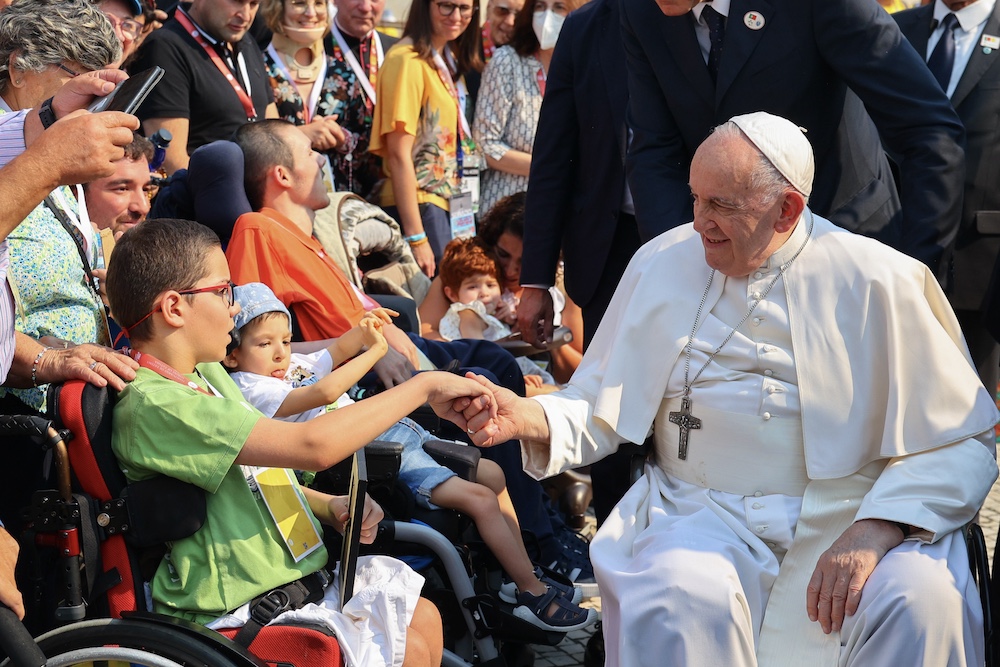
RELIGION
- Frank Brennan
- 23 April 2025
Francis was a pope prepared to blur the edges of doctrine, or at least its application, opening the doors of the Church to all those seeking love, mercy and forgiveness. He never doubted God’s capacity to love and forgive all who sought that love and forgiveness. He maintained the certainty, not of doctrine but of the simple piety of believers.
READ MORE
-
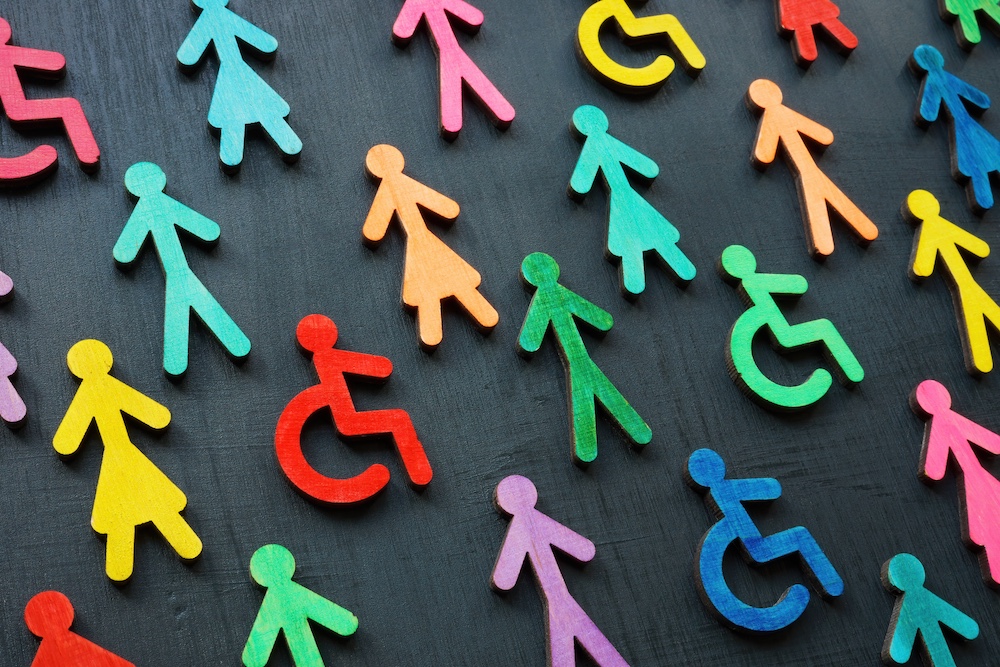
AUSTRALIA
- Adam Hughes Henry
- 22 April 2025
By any measure of moral progress, a society should be judged by how it treats those who are most vulnerable. Yet in Australia, people with disabilities continue to be treated not as citizens with equal standing, but as problems to be managed; an inconvenience to be contained within a labyrinth of bureaucratic delay and economic rationalisation.
READ MORE
-
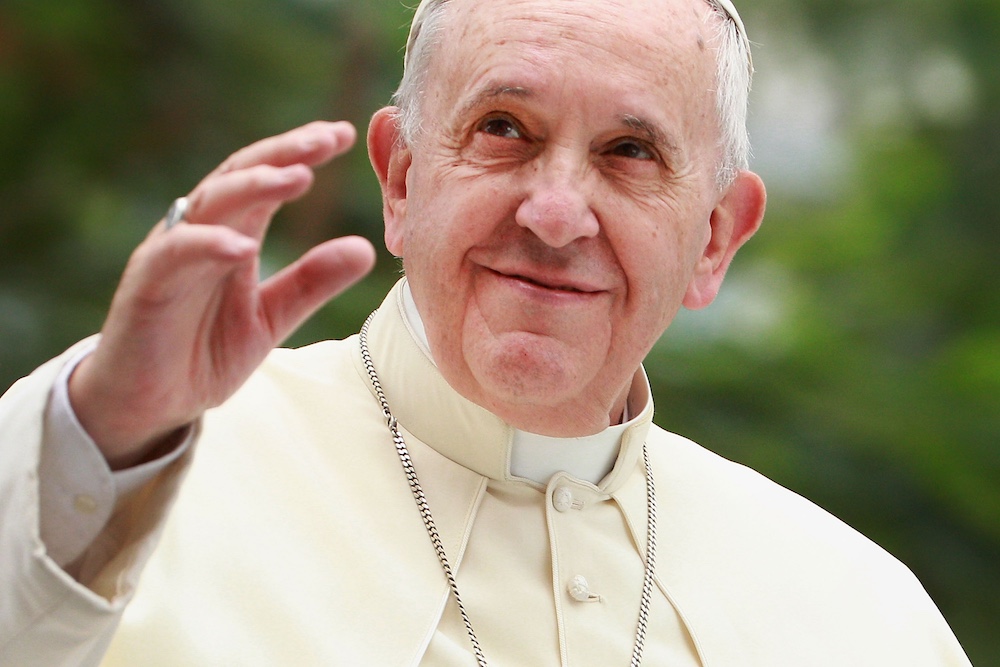
RELIGION
- Andrew Hamilton
- 22 April 2025
In a world that sees refugees and immigrants as a threat, disregards the victims of war, trashes the environment, rewards self-interest and cheapens religious faith, Pope Francis wept with those mistreated, pleaded their cause and radiated joy and hope.
READ MORE
-

EDUCATION
- Meaghan Paul
- 16 April 2025
A Netflix drama about violent teens has ignited a global moral panic. But behind the hysteria, schools remain imperfect but vital places where most children still learn, grow, and thrive. The real crisis may not be with the students, but with the adults watching from afar.
READ MORE
-
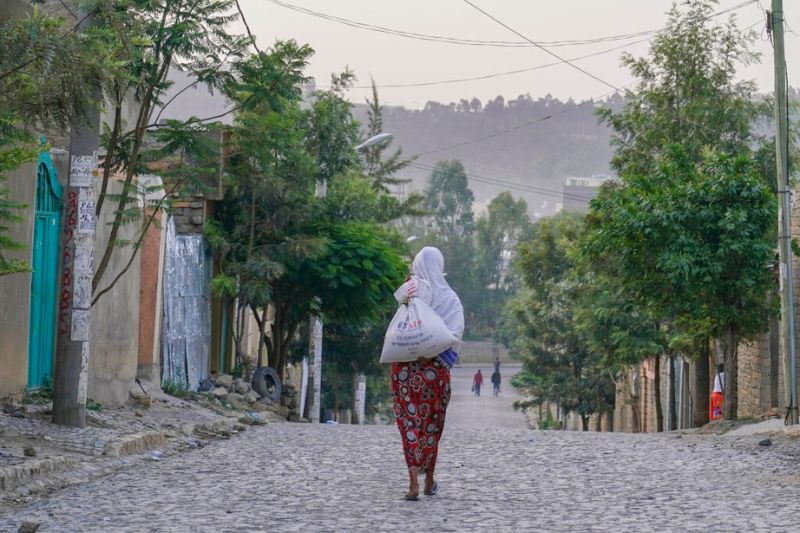
INTERNATIONAL
As Trump dismantles America’s global aid program, and Europe follows suit, developing nations are left to fill the vacuum often with partners unfriendly to Western interests. In this new geopolitical terrain, Australia faces a choice: retreat with the rest, or lead through renewed investment in aid and regional diplomacy.
READ MORE
-
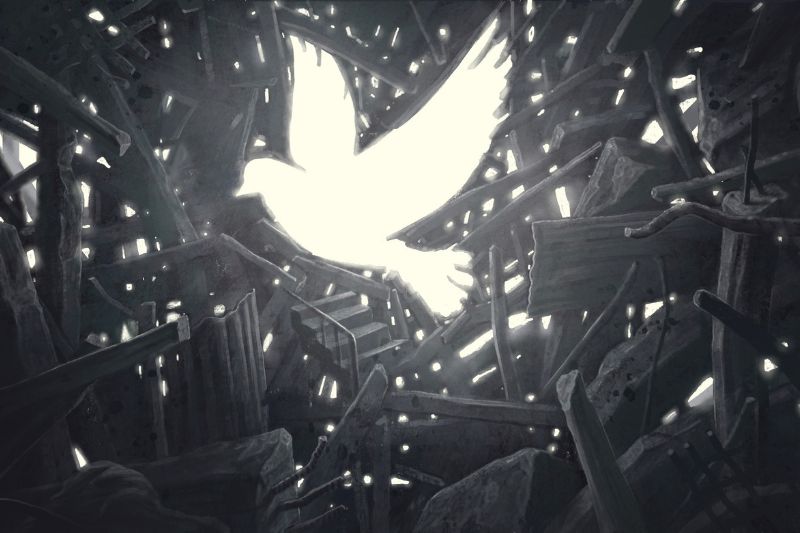
RELIGION
- Danielle Terceiro
- 16 April 2025
Even in a world marked by war, exile and devastation, the Easter story offers a defiant hope: that ruin is not the end. Rooted in a vision of restoration beyond history’s violence, it speaks to a yearning deeper than despair — for justice, for peace, for a feast with no end.
READ MORE
-
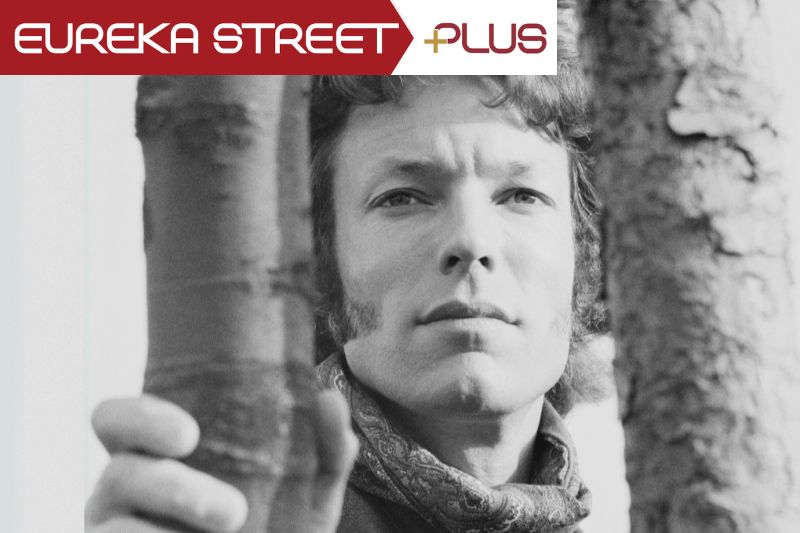
ARTS AND CULTURE
- Peter Craven
- 11 April 2025
Before heartthrobs became brand names, there was Richard Chamberlain. A matinee idol with the soul of a serious actor, he rose to fame as Dr. Kildare, sought after Shakespeare, and stole scenes from Gielgud. His legacy is a portrait of quiet yearning — for love, for truth, for artistic respect.
READ MORE 
-

AUSTRALIA
- Melinda Tankard Reist
- 11 April 2025
A growing number of female teachers in Australia are leaving the profession, citing daily sexual harassment from their own students. Fuelled by pornography and social media, the misconduct ranges from crude comments to deepfake abuse, raising urgent questions about safety, consent, and the culture festering inside today’s classrooms.
READ MORE 
-
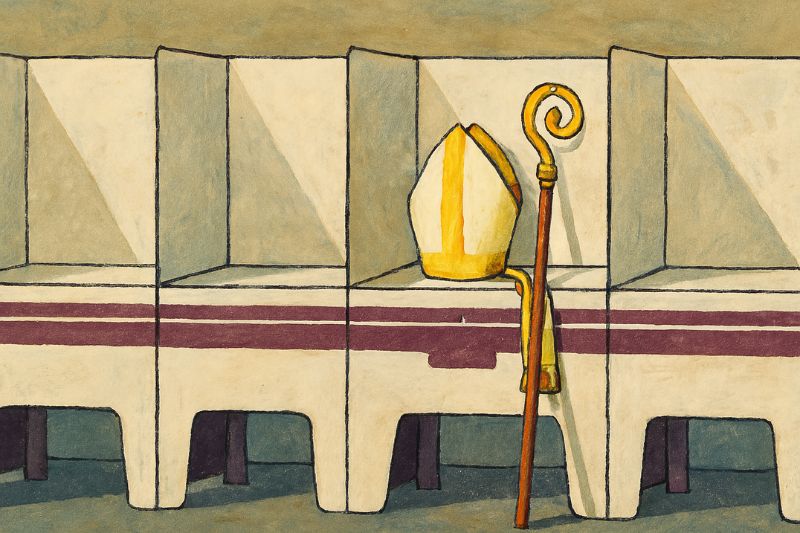
RELIGION
- John Warhurst
- 10 April 2025
As Australia approaches a federal election, the bishops have offered a statement of gentle encouragement themed around hope. Yet in its caution and generality, it raises questions about missed opportunities for moral clarity, national relevance, and a more engaged voice in public life.
READ MORE
-
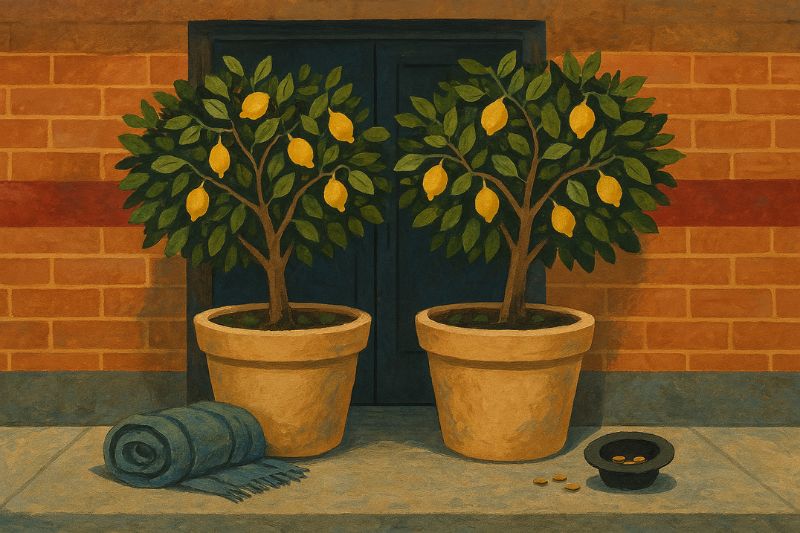
AUSTRALIA
- Barry Gittins
- 10 April 2025
In cities that pride themselves on liveability, a quiet war is being waged against the homeless with urban design and tough bylaws. What appears as civic order is, in truth, a hardening of public conscience, where compassion gives way to concealment, and suffering is swept from view.
READ MORE
-
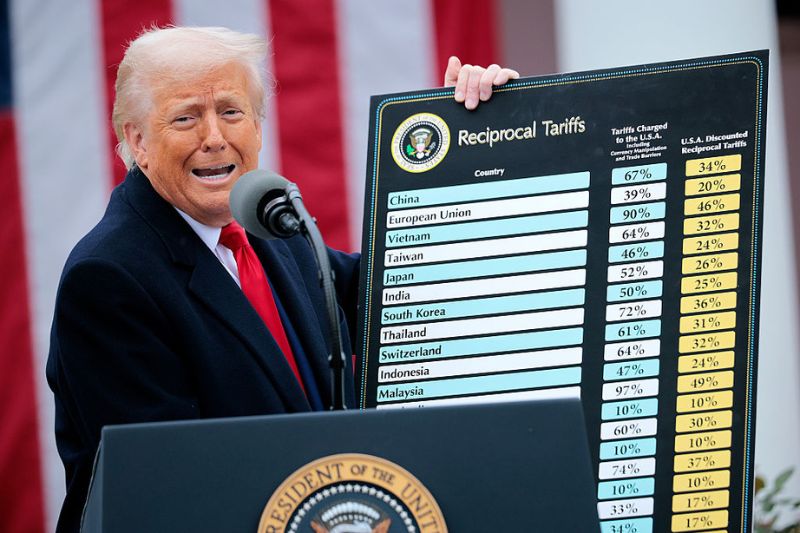
INTERNATIONAL
- Binoy Kampmark
- 08 April 2025
In a move as nostalgic as it is economically incoherent, Donald Trump’s proposed global tariff hike promises to punish the world’s poorest nations while claiming to revive America’s rusted-out industries. But the math is dubious, the logic muddled — and the unintended consequences, as ever, potentially vast.
READ MORE